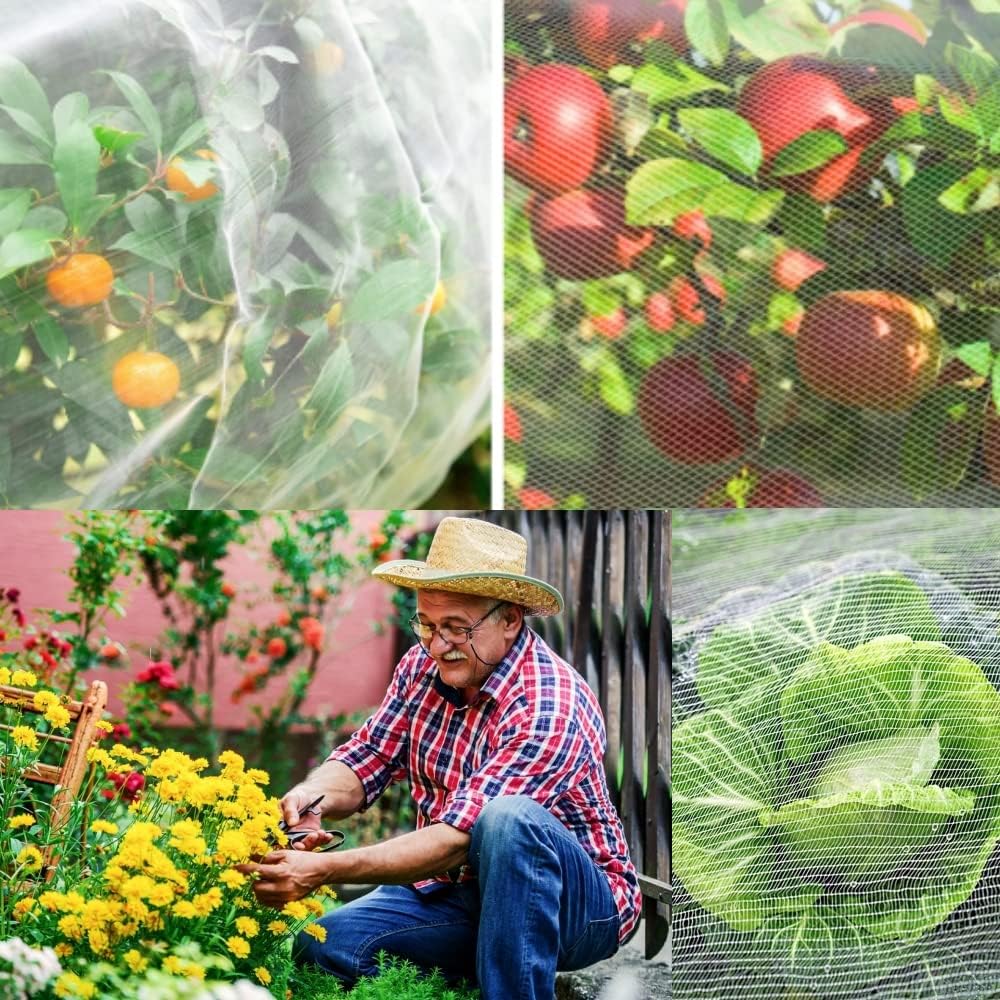Biodiversity Support in Organic Gardening
Biodiversity support thrives in the nurturing embrace of organic gardening, a harmonious dance between humans and nature.
Organic gardening champions the intricate web of life by eschewing synthetic chemicals and fostering a biodiverse haven within the confines of backyard plots and community gardens. Through mindful cultivation practices such as companion planting, natural pest control, and soil enrichment with compost and organic matter, organic gardens become vibrant sanctuaries for a plethora of plant and animal species.
By cultivating native plants and preserving natural habitats, organic gardeners not only provide sustenance for pollinators like bees and butterflies but also create havens for beneficial insects and wildlife. This holistic approach to gardening fosters resilience against pests and diseases while promoting ecological balance and sustainability.
Embracing organic gardening isn’t just about growing food; it’s about cultivating a living ecosystem where every organism plays a vital role, fostering biodiversity one seed at a time.
Biodiversity Support
- Preservation of Native Species: Organic gardening often prioritizes the use of native plant species, which provide habitat and food sources for local wildlife. By cultivating these plants, organic gardens support the survival of indigenous species, contributing to biodiversity conservation.
- Avoidance of Chemical Pesticides and Fertilizers: Organic gardening eschews synthetic pesticides and fertilizers, opting instead for natural alternatives like compost, mulch, and biological pest control methods. This practice prevents the negative impacts of chemical pollution on soil health, water quality, and non-target organisms, thus promoting a healthier ecosystem within the garden environment.
- Enhancement of Soil Health: Organic gardening techniques such as composting, crop rotation, and mulching improve soil structure and fertility. Healthy soils support diverse microbial communities, essential for nutrient cycling and plant growth. This rich soil ecosystem fosters a diverse array of organisms, from earthworms to beneficial bacteria, contributing to overall biodiversity.
- Encouragement of Pollinator Populations: Organic gardens often feature flowering plants that attract pollinators such as bees, butterflies, and birds. These pollinators play a crucial role in plant reproduction and the maintenance of ecosystem health. By providing a haven with abundant nectar and pollen sources, organic gardens support robust pollinator populations, thus contributing to biodiversity conservation.
- Promotion of Genetic Diversity: Organic gardening typically involves seed saving and the cultivation of heirloom and open-pollinated varieties. This practice helps preserve genetic diversity within plant species which is essential for adaptation to changing environmental conditions and resilience against pests and diseases.
- Reduction of Habitat Fragmentation: Organic gardens can serve as corridors or stepping stones in fragmented landscapes, providing interconnected habitats for wildlife. These green spaces help mitigate the effects of habitat loss and fragmentation. Basically, this allows for the movement of species and the exchange of genetic material, thereby supporting broader biodiversity conservation efforts.

